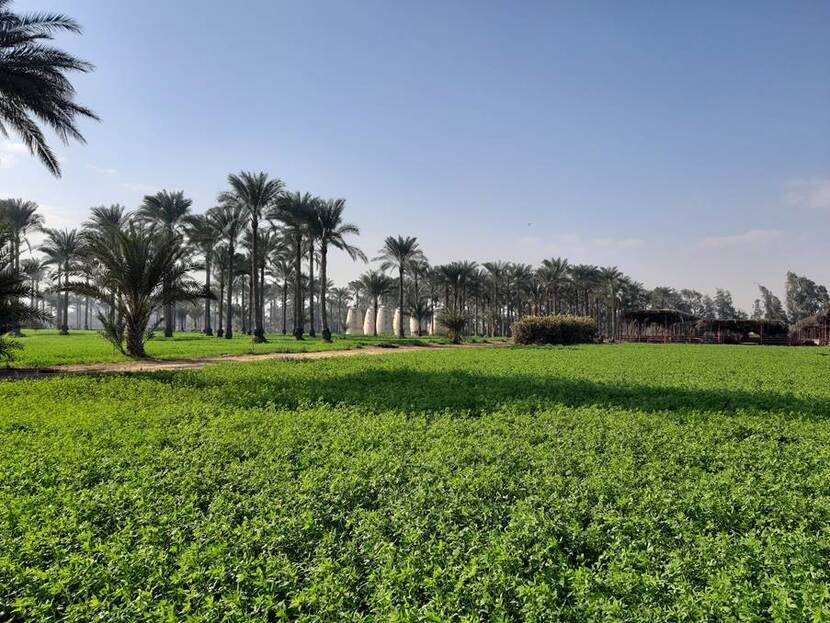Organic is cheaper in Egypt
SEKEM, Egyptian leader in Circular Agriculture calls for action and provides the evidence to back up their claim. Based on a Full Cost Account Study conducted by Heliopolis University for Sustainable Development, the social enterprise SEKEM claims that organic food is cheaper to produce than conventional crops in Egypt. That is, if the externalized costs, which are currently transferred to society or future generations would be part of the costs paid by consumers at supermarkets and restaurants. The research shows that a wide variety of crops grown by SEKEM (including rice, maize, potatoes, wheat and cotton) are cheaper than crops grown in conventional agriculture if the costs for pollution, CO2 emissions, energy, and water consumption are taken into consideration.

For more than forty years, SEKEM has pioneered sustainable agriculture in what was once desert. They generate financial returns with the production of herbal teas, medicinal plants, cotton and fresh produce for local markets and export. Beyond financial returns they contribute to social capital by creating jobs and education for the local community and natural capital by contributing to biodiversity, biomass and carbon captured from the atmosphere. Interestingly by sharing their knowledge and expertise, for instance through Heliopolis University for Sustainable Development they provide inspiration for other farmers and agribusinesses that more can be done to create a future proof agricultural sector.
SEKEM and Heliopolis University for Sustainable Development are partners for knowledge exchange and co-innovation with numerous Dutch agribusiness experts like Delphy, Salt Doctors, Naecterra, Soil & More and others.